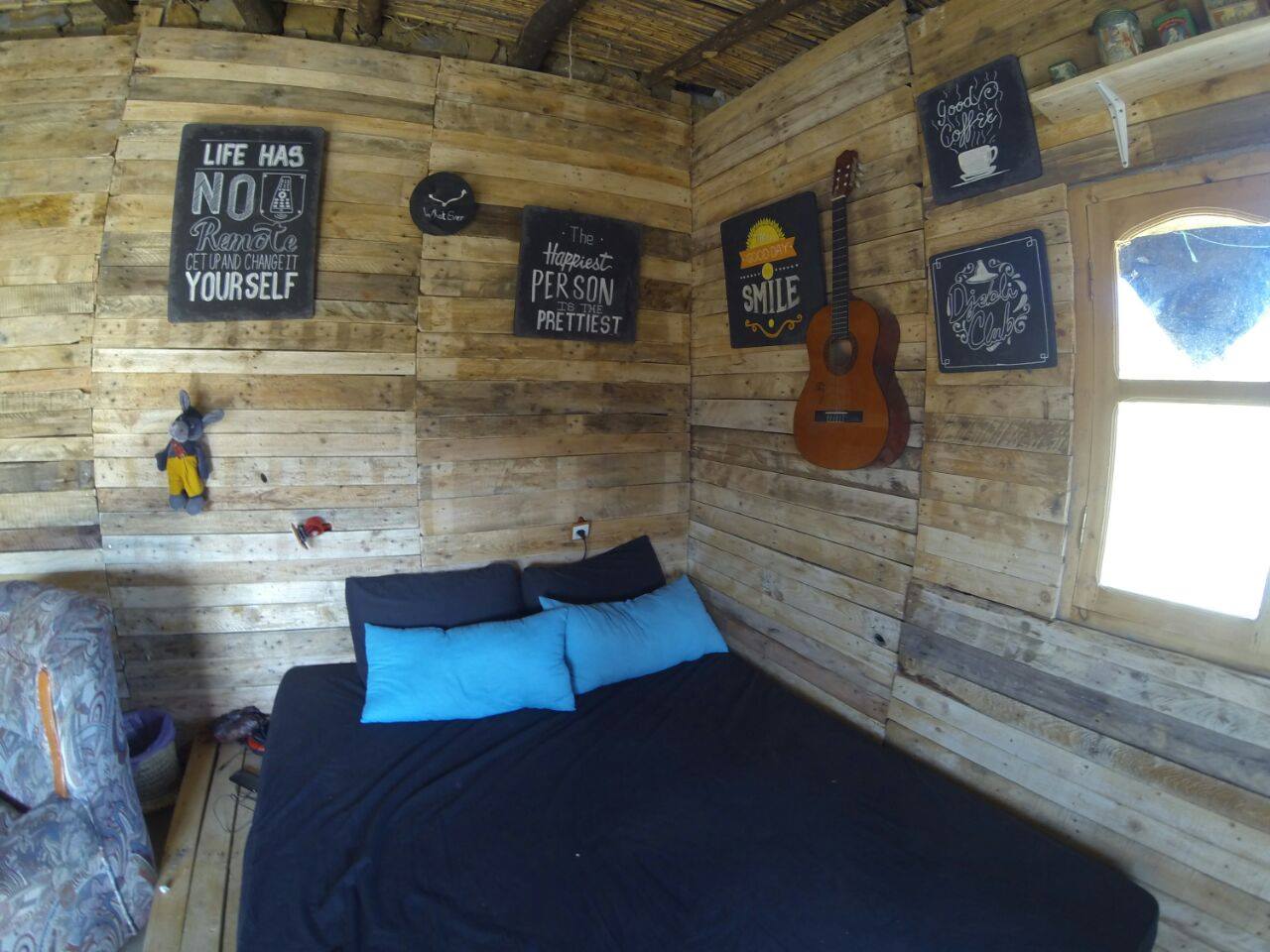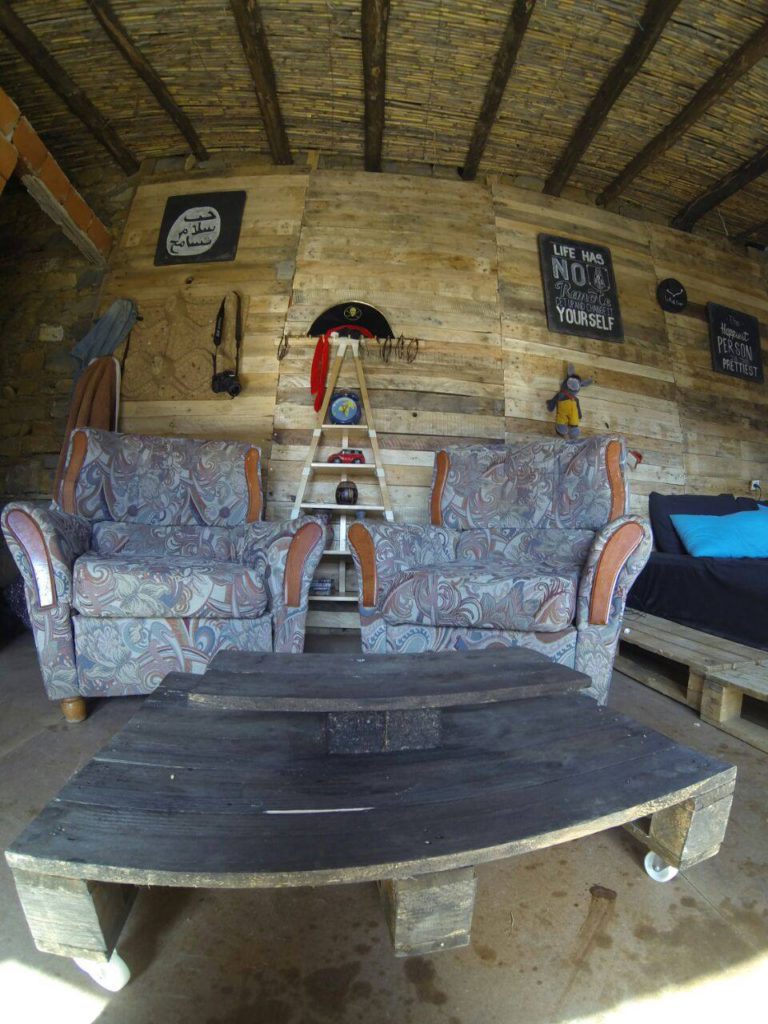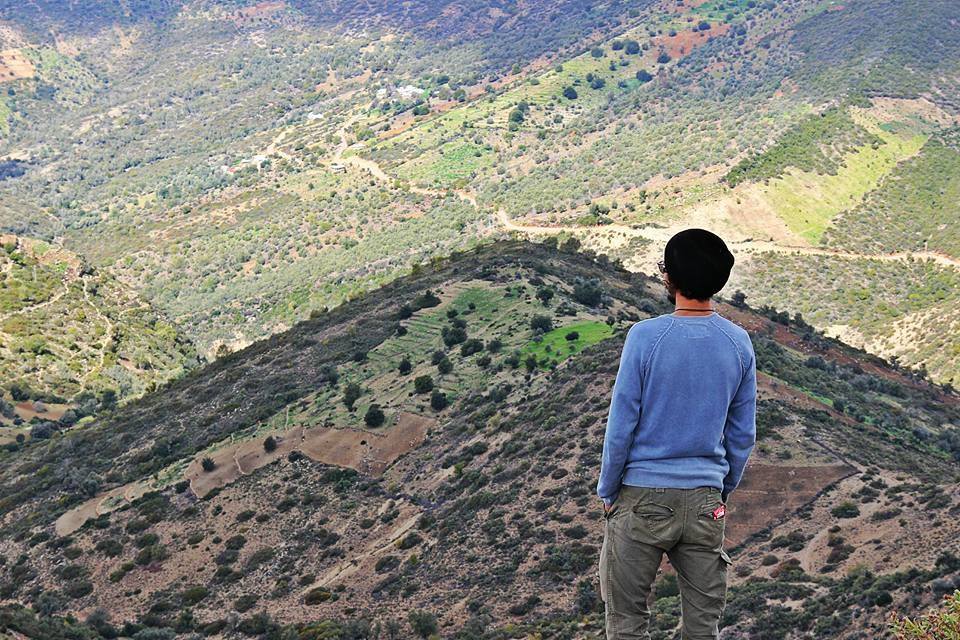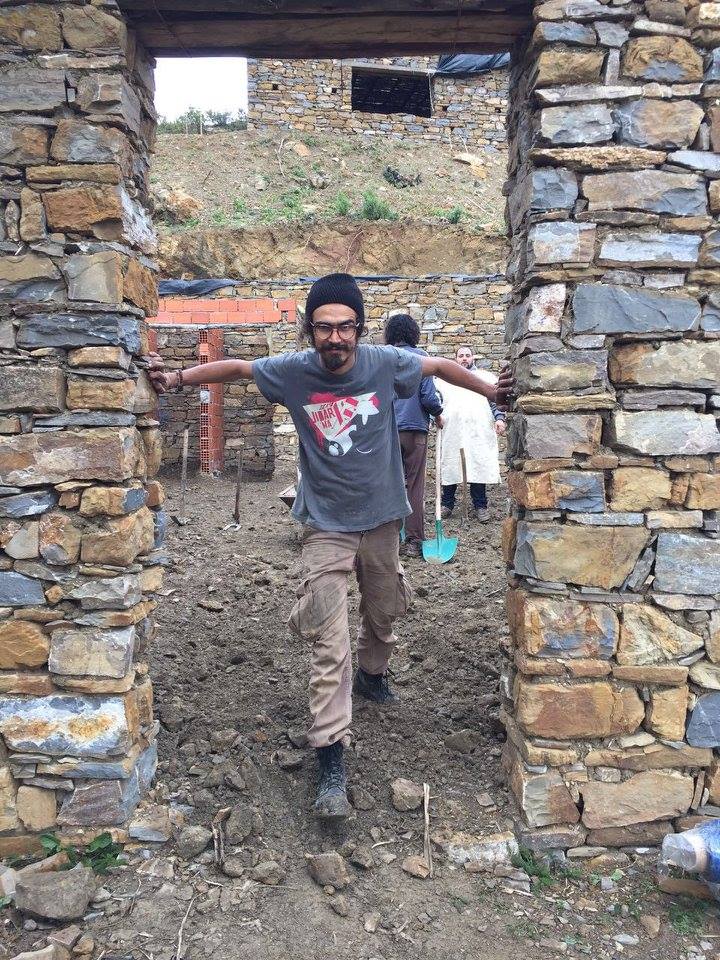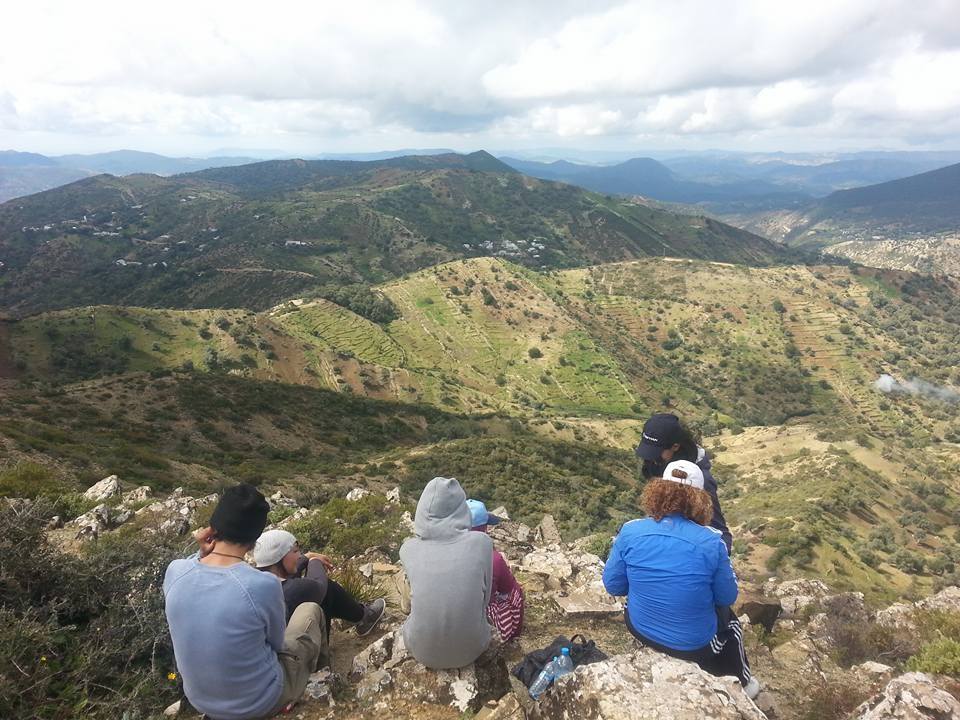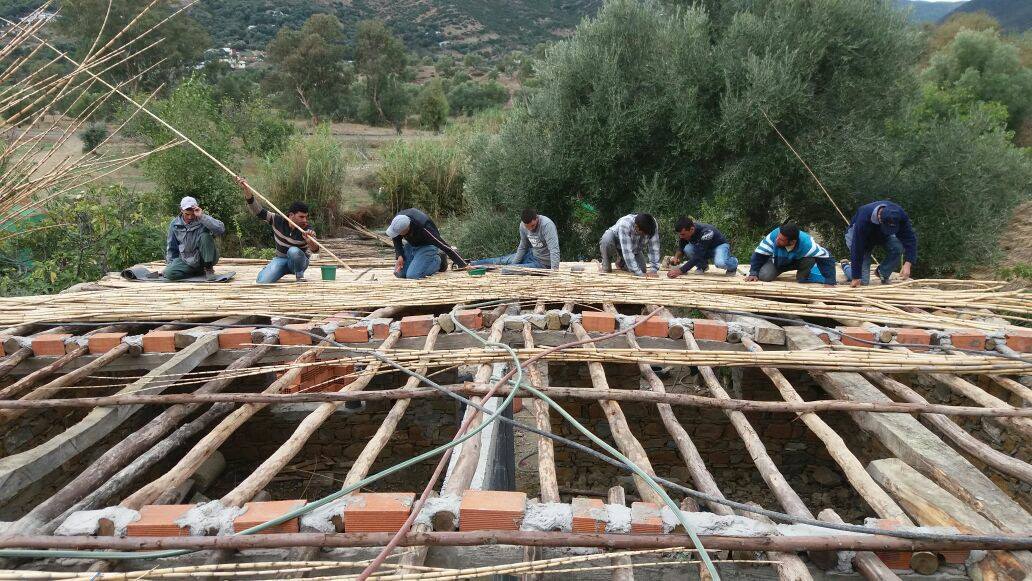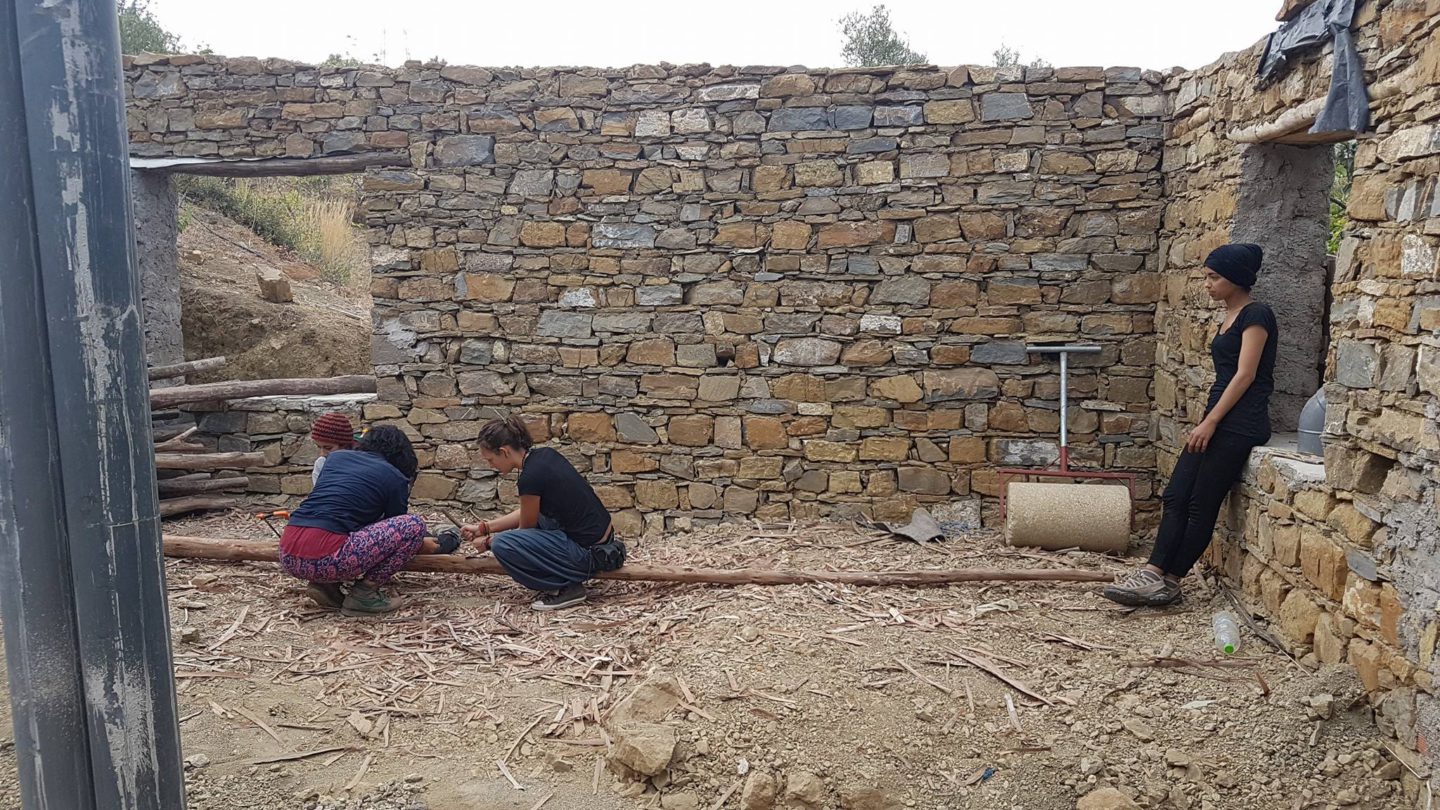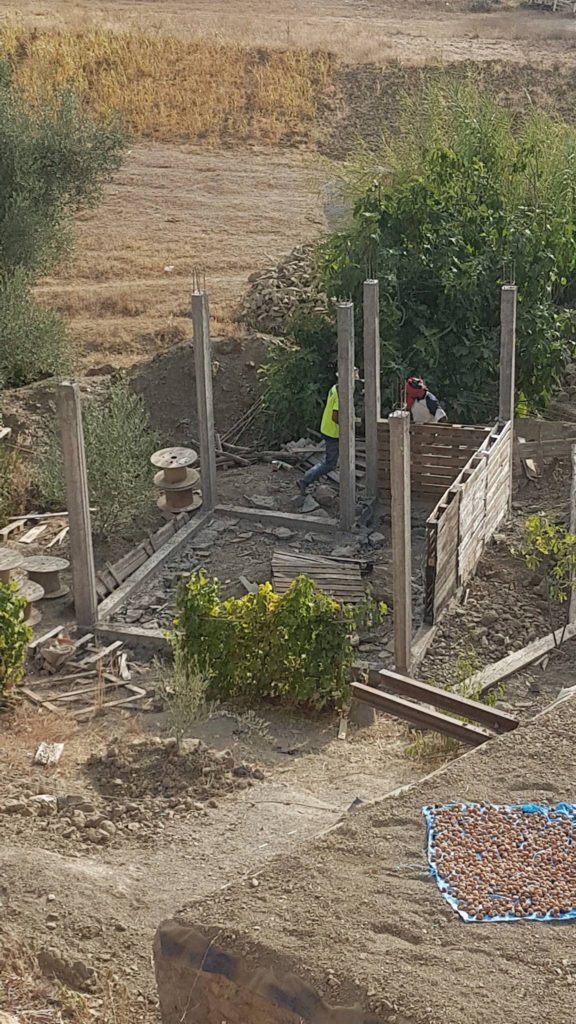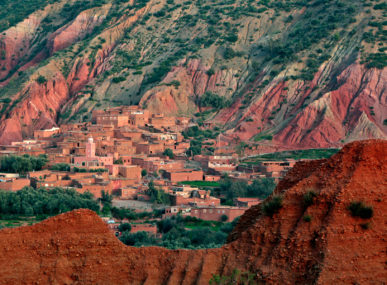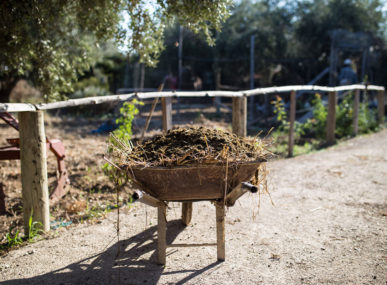El Hamri adds that Djebli Club has a vision to impact local citizens by proposing alternatives for education and soft skills, and by promoting mobility and exchange to bring more talent and opportunity to the region.
“Djebli Club aims at showing a model that links entrepreneurship, social work, and ecological work,” he said. “The project promotes inclusivity and cultural exchange, which is exclusive in Morocco and needs to be encouraged.”
Hammioui also hopes this initiative helps advocate humanity, a return to basics, respect for nature, and sharing as an essential part of living together.
“My hope for this project is that it becomes an eco-village that will improve people’s lives,” he says. “Right now, we have four rooms, but in the future I want to have 20 or more. Certain rooms would be for people who want to stay and live, not just visit.”
The project is currently running on crowdfunding support alone. In the future, Hammioui hopes to diversify its funding by opening a shop to showcase local arts and crafts.
“The secret of traveling is that it gives you time to observe, hear, meet, and discover who you really are. To see humanity in each one of us human beings,” Hammioui says. “Traveling made me find myself in nature — a part of me that belongs to the land and that needs to get back to it. We usually miss the fact that we belong to the Earth and that we won’t exist without it.”
Learn more about Djebli Club on their Facebook page.
Photos: Courtesy of Djebli Club and Lotfi Souidi
